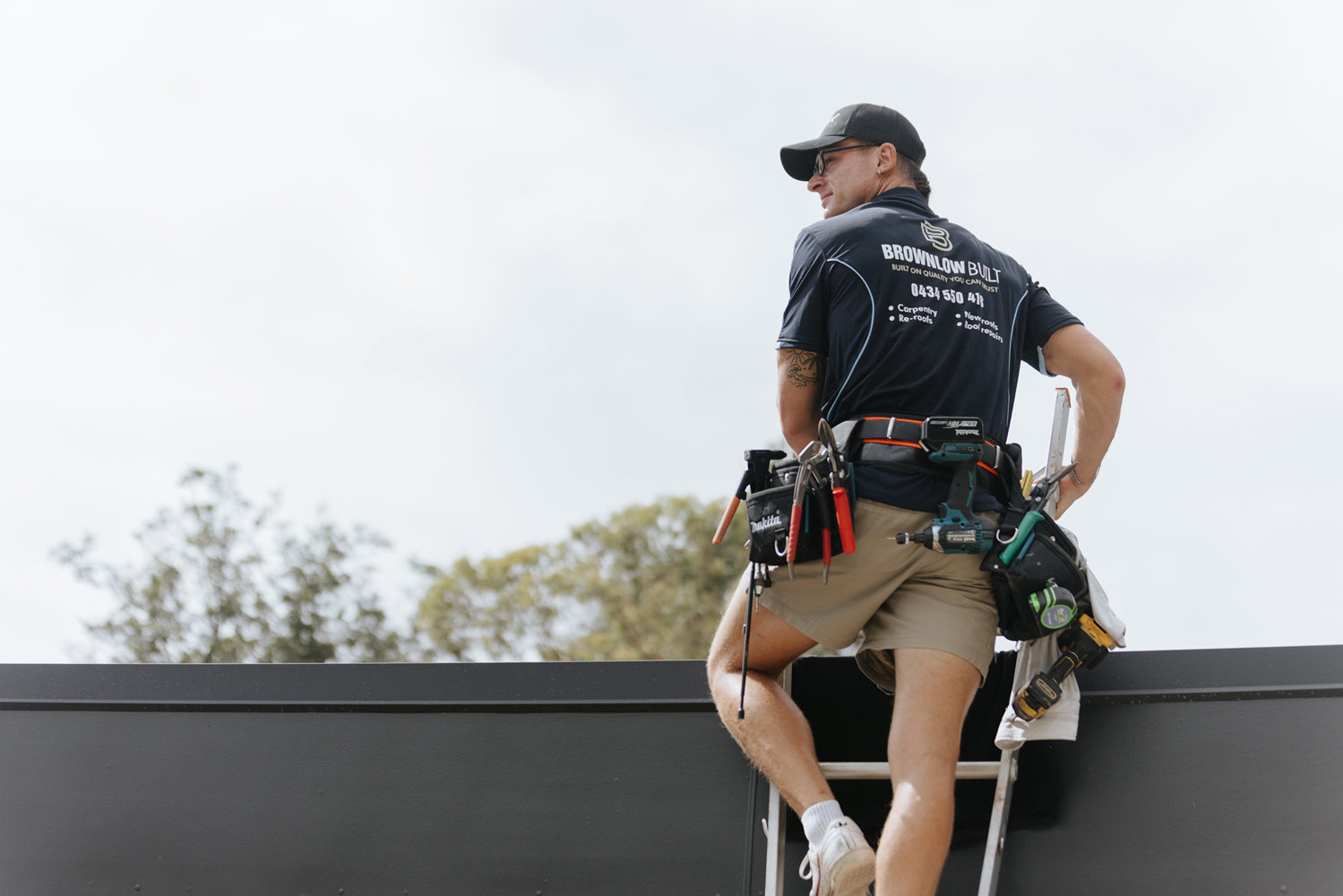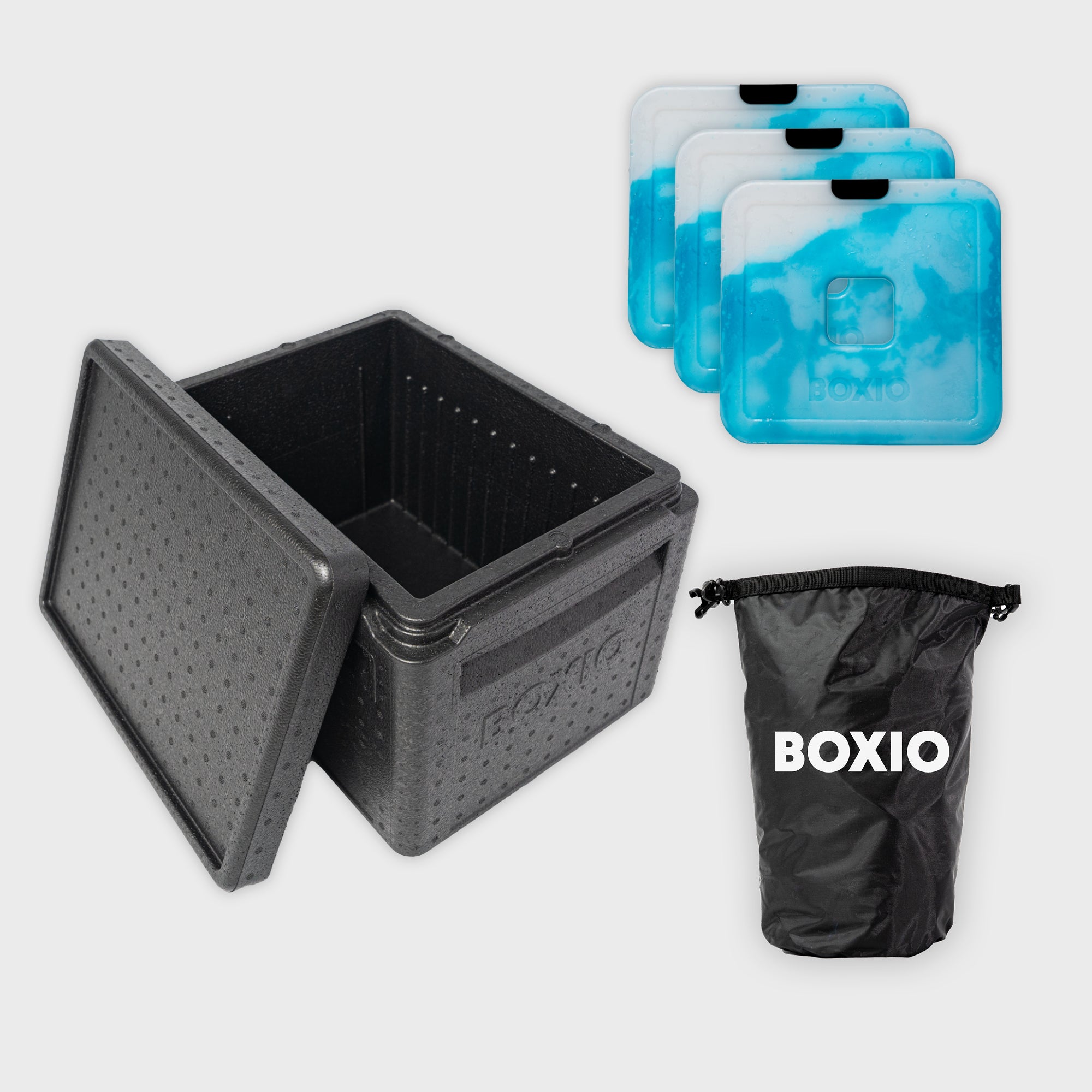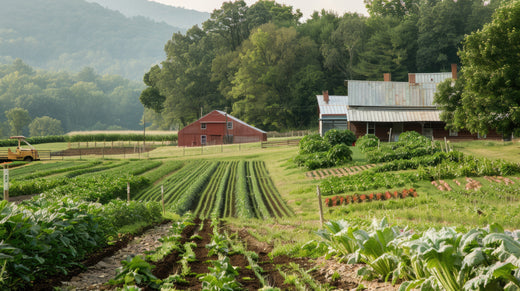Construction Work?! What is that? Construction work is working on building sites. It can be very varied and you can earn good money with or without previous experience and work your way up the ladder. The construction industry in Australia will definitely be booming for at least the next 30 years. This means that motivated workers will always be needed. In today's Q&A, we want to discuss the most important things you should know before you start. So, here we go!
BOXIO SANITARY | Mobile bathroom
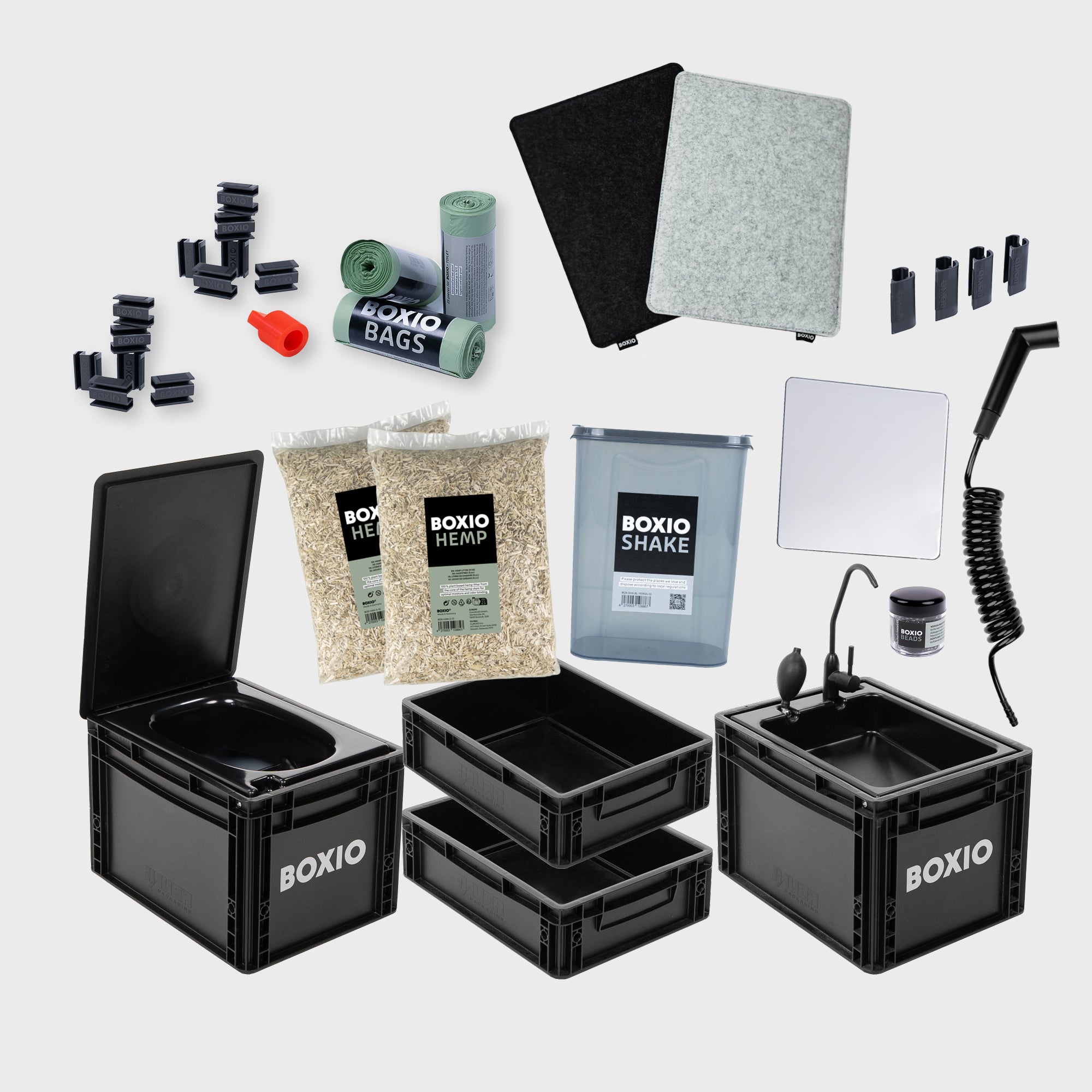
1.requirements for construction jobs in Australia: How to meet the 88-day rule
Find out what qualifications and certificates you need to work in the Australian construction industry and meet the requirements for the second Working Holiday visa.
The only qualification you need to meet to work on a construction site in Australia is the so-called "White Card". The White Card is a certificate that you receive if you complete a course on safety on construction sites. This course cost me 140$ and only took 5 hours. After that, the White Card is valid for life.
Once you have the white card, you can apply for your first jobs. What's even better is that in some regions, construction work counts as work for the 88 days. To do this, simply check the government website(https://immi.homeaffairs.gov.au/visas/getting-a-visa/visa-listing/work-holiday-417/specified-work) to see if the zip code under which your company is registered is on the list for "rural Australia". If so, collect your payslips and upload them to the online application for the 2nd Working Holiday Visa.
2. The opportunities and challenges of construction site work in Australia
The biggest opportunity of construction site work for me is that I get to learn a complete trade. For those who don't know, I've been working as a roofer on the Sunshine Coast for almost a year. Back then I started as a labourer at $27.50 an hour with no previous experience and now I'm a full member of the team mostly on the roof at $35 an hour. Apart from that, I spend the whole day with Australians, speak only English and learn all the technical language.
The biggest challenge is probably the weather. It gets damn hot in summer, especially on the roof. You're constantly sweating and getting baked by the sun. For some, the language may also be a big challenge at first. But I would say, take heart and you will find that you will learn more and more from week to week and master the challenge.
BOXIO TOILET MAX+ | Separating toilet complete set
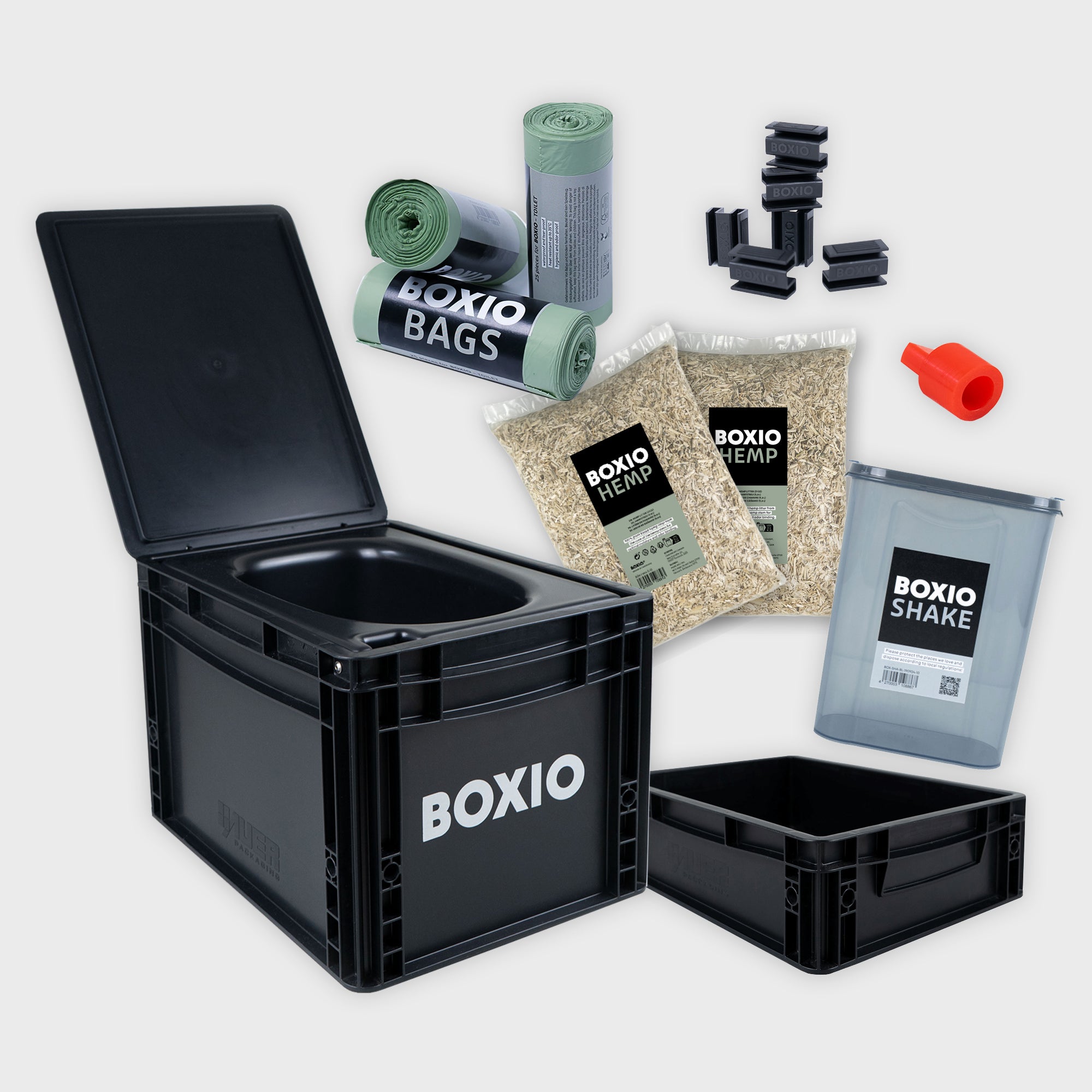
3. Safety standards on Australian construction sites: What you need to know as a backpacker
An overview of the health and safety regulations and safety precautions that apply on construction sites in Australia.

As already mentioned in the first question, you will be informed and trained on the most important safety standards in the White Card course. Among other things, you will be told what to look out for on every construction site, what dangers there are and which safety and warning signs have what meaning.
Apart from this, your supervisor will explain all other safety standards to you so that you are safe and accidents are avoided.
4. How to find construction jobs in Australia: tips for work and travelers
Practical advice and resources to successfully find a construction job and complete your 88 days.
Nowadays, most applications for construction jobs are made online. The most common websites for this are Seek(https://www.seek.com.au/) and Indeed(https://au.indeed.com/?from=gnav-jobsearch--indeedmobile). Here you can easily create an account, enter your details and CV and apply for lots of jobs with just one click.
In addition to this modern method, you can also, like me back then, go old-school from construction site to construction site and ask for work face-to-face. Tip: just have a CV with your details that you can leave there. It always goes down well.
5. Wages and working conditions: What you can expect with construction jobs in Australia
Information on typical salaries, working hours and conditions for construction workers on the Working Holiday program.

The typical backpacker job is the so-called labor worker. This means something like unskilled laborer. On average, you can earn 30$ an hour and then work your way up. You usually start as a casual laborer. This means you write down your hours and are paid weekly or bi-weekly. As a casual you are not entitled to vacation pay or sick pay. You are paid for what you do. Some companies pay you a higher hourly wage at weekends or on public holidays.
Especially because of the weather, but also because the sun rises very early here, most companies start at 7 am at the latest and work until at least 3 pm. This leaves you with plenty of free time.
6. The best regions for construction work in Australia: where is it worth going?
An overview of the regions with high demand for construction workers and attractive opportunities for work and travelers.
Logically, you have the best chance of finding a job in the big cities such as Sydney, Melbourne, Perth, Brisbane and Adelaide. The number of construction companies is large and the cities are growing. However, life in the big city may not be right for everyone. I, for example, prefer small town life more and am very happy here on the Sunshine Coast. The Sunshine Coast is a good middle ground between the big city and the village and I can only recommend it to anyone.
7. From construction helper to skilled worker: further training opportunities for backpackers in Australia
Find out how you can expand your skills and get better job opportunities in the construction industry through training and courses.
The easiest training option is probably the first aid course. Even if you may have already done this several times in your home country, it is very helpful if you can also provide proof of the Australian certificate. Another course that will make you more attractive is the so-called EWP training. EWP stands for "Elevating Work Platforms". Here you will learn all about the safe handling of all types of pallet trucks, which are often used on construction sites. Perhaps even more important is the "Working on Heights" course. This course teaches you how to secure yourself properly when working on or near higher buildings.
All these certificates are a great advantage for your potential employer, because it shows that you are interested and have already taken the initiative to further your education. But don't stress, these courses are not a must.
BOXIO TENT | Shower or toilet tent
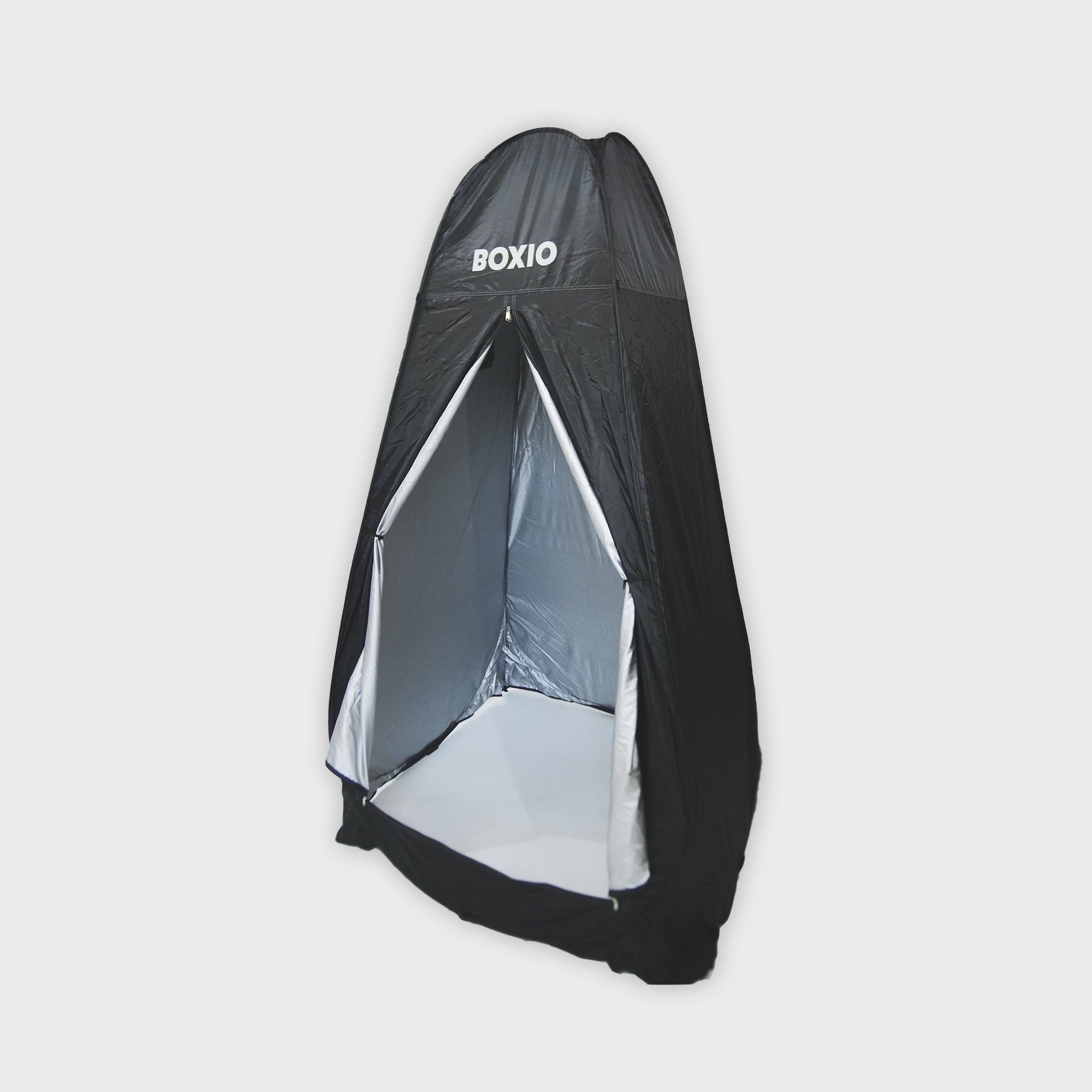
8. Checklist for your first day on the construction site: start well prepared
Everything you need to know and bring with you to successfully start your first day of work in the Australian construction industry.
Before your first day at work, you should clarify with your company what kind of work clothes you will be wearing. As a rule, hi-vis shirts (high visibility) and work shoes with steel toecaps are the norm.
If you don't need a hard hat (work helmet), make sure you get a hat or cap to protect your face from the sun. Sunscreen is also a must.
And don't forget a large water bottle and electrolytes if necessary, as you are sure to sweat a lot.
9. My experience report: From office worker to roofer
3 years of studying business administration with an office job was enough for me. I knew I had to find a job where I could move around more and preferably be outdoors. So I really wanted to try my hand at working on a construction site.
When I arrived on the Sunshine Coast, I first completed the white card course and applied online for every job that had to do with construction work. At the same time, I also tried my luck in Bunnings parking lots, chatting up every tradie and asking for work, as well as stopping at every construction site and shouting up to the workers on the scaffolding to see if they had any work for me. nothing happened for 2 weeks until I got a call from Brownlow Built and a nice lady asked me if I was interested in a trial day. Yes, and the rest is history... Since then I've been working at Brownlow Built as a roofer and I don't regret my decision one day. I started almost a year ago at $27.50 an hour and have since gotten my third raise and am currently at $35. I enjoy my work, I'm learning a lot and I'm part of a great team. In roofing, it's normal to start as a ground worker and literally work your way up over time. It's also cool that the company employs carpenters as well as roofers, so I'm learning a completely different trade.
The work always starts at 7 a.m. and ends at different times, depending on the size of the job and, above all, the weather. Because most trades, especially roofers, can't work in the rain.
In conclusion, I will tell you one thing: hard work and above all reliability is highly valued in the trades industry and will open more doors for you. Good luck and have fun!


